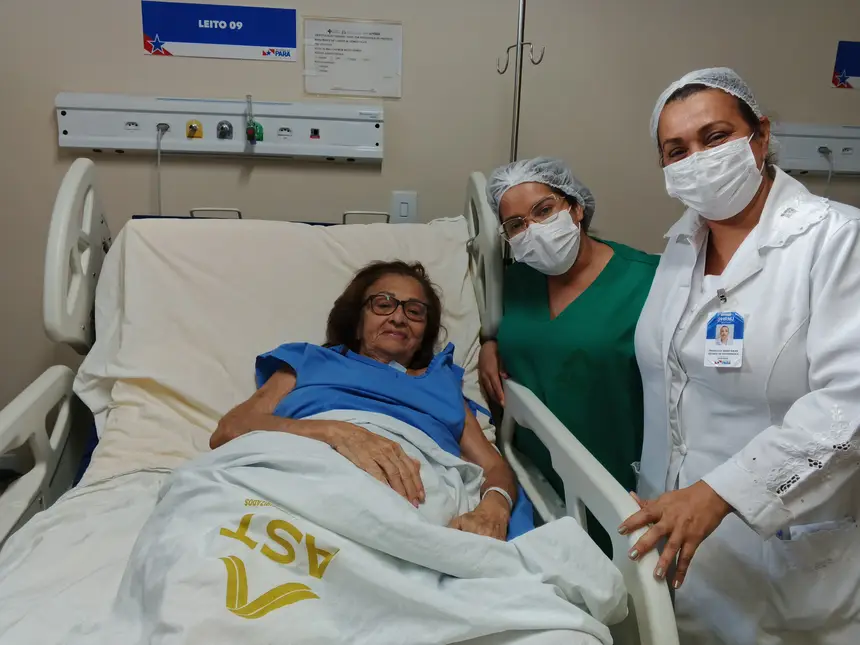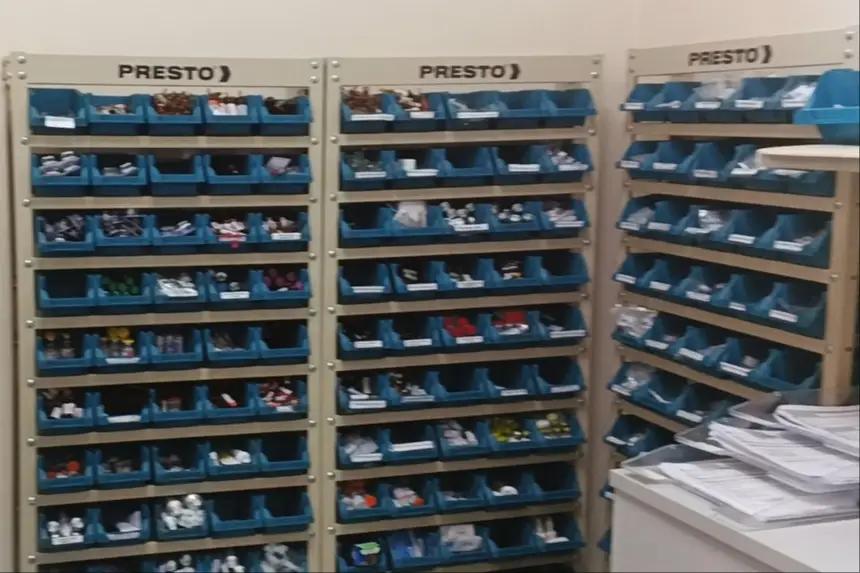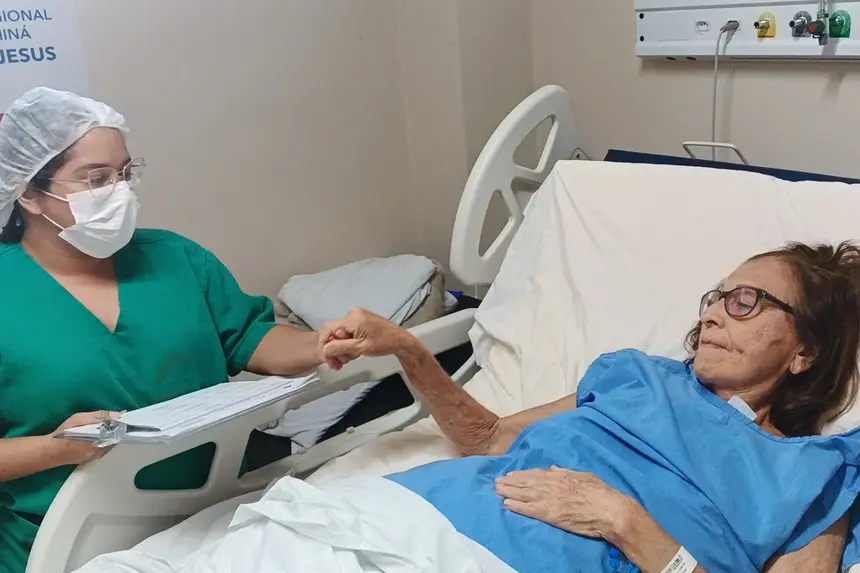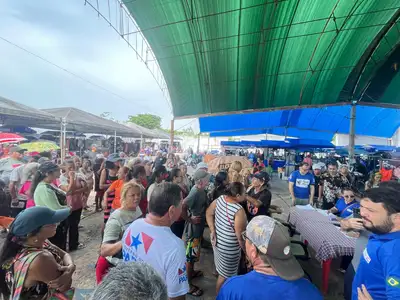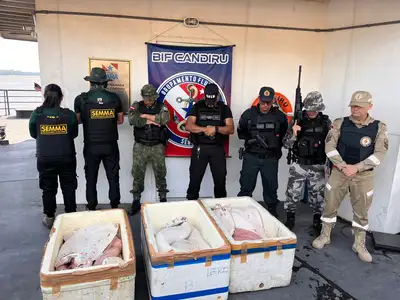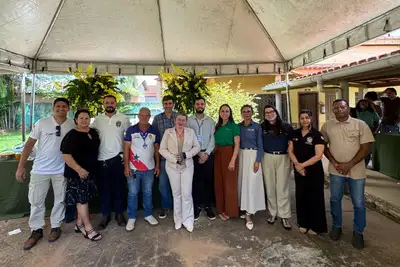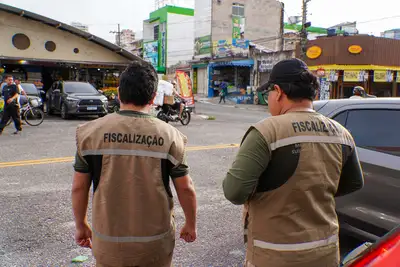Pharmacy ensures effectiveness in the treatment of patients at the Regional Hospital of Oriximiná
The role of clinical pharmacists at the bedside strengthens care and contributes to the recovery of patients hospitalized in the unit in western Pará
The safety in the use of medications is one of the main concerns within a hospital unit — and it is precisely at this point that clinical pharmacy becomes essential. At the Regional Hospital of Oriximiná Menino Jesus (HRMJ), this practice has been gaining prominence and making a difference in the care of hospitalized patients.
With direct bedside involvement, the hospital's pharmacists conduct detailed evaluations of medication therapies daily, promoting the rational use of drugs and contributing to the effectiveness of treatments. This is one of the central functions of clinical pharmacy, a specialty dedicated to patient care, ensuring that each prescription is safe, effective, and tailored to individual needs.
Retired Maria de Lourdes Mileo Gomes Vilar, 78, hospitalized after a domestic accident, was one of the beneficiaries of this care. "I received my medications very accurately, they explained all my doubts, and I received several guidelines. I am being well taken care of," she reported.
At the Regional Hospital of Oriximiná, clinical pharmaceutical follow-up is carried out by professionals like Iamille Seixas, who works directly with hospitalized patients. "Clinical pharmacy is a link between the patient and the doctor. We analyze prescriptions, monitor adverse reactions and drug interactions, always focusing on patient safety," explained the pharmacist.
According to Iamille, the work involves not only reviewing prescriptions but also meticulous attention to each patient's clinical response, especially in cases that require more complex therapies.
The integration of clinical pharmacy with other hospital sectors is one of the differentiators of the service. The hospital's technical director, Dr. Claudio Victor, emphasizes that this partnership has a direct impact on the clinical evolution of patients.
"The intervention of clinical pharmacy improves therapeutic evaluation and ensures greater safety in treatment, helping to identify possible prescription errors and optimizing results," he stated.
He adds that therapeutic alignment also takes cost-effectiveness into account. "Often, there are more affordable medications that offer the same clinical effect. The pharmacist guides us in these choices, broadening our perspective for a more effective and sustainable treatment."
Humanized care model
With only eight months of full operation, the Regional Hospital of Oriximiná Menino Jesus has already established itself as a reference in public health in the western region of Pará. During this period, it has already performed approximately thirteen thousand consultations. The unit exclusively serves through the Unified Health System (SUS), with a structure composed of 26 inpatient and ICU beds, in addition to 16 beds for initial care and patient follow-up.
The hospital offers care in seven medical specialties — anesthesiology, cardiology, general surgery, gynecology, orthopedics, traumatology, and intensive medicine — and stands out for the work of a multidisciplinary team, which includes nursing, pharmacy, physiotherapy, nutrition, psychology, and social service professionals.
At the center of this care model is the commitment to humanized and individualized care, with qualified professionals working directly at the bedside. Clinical pharmacy, in this context, has been playing an increasingly strategic role, reinforcing the importance of joint and specialized action to ensure quality of life for patients.
Text by Uéliton Martins, communication analyst


